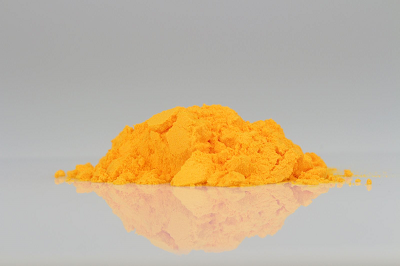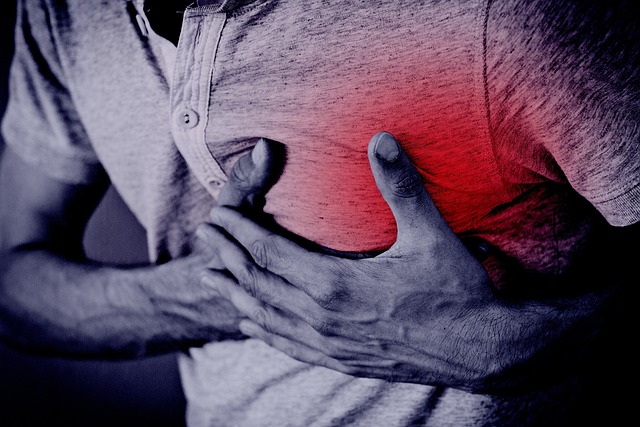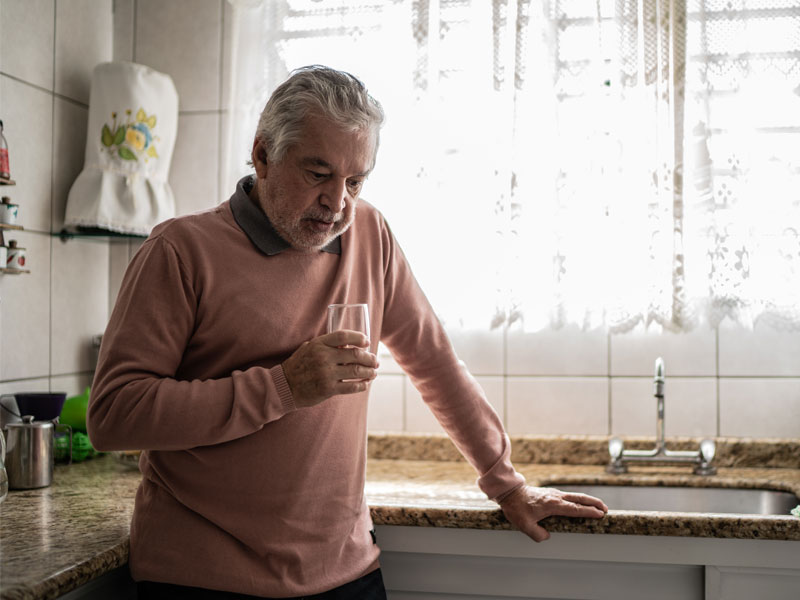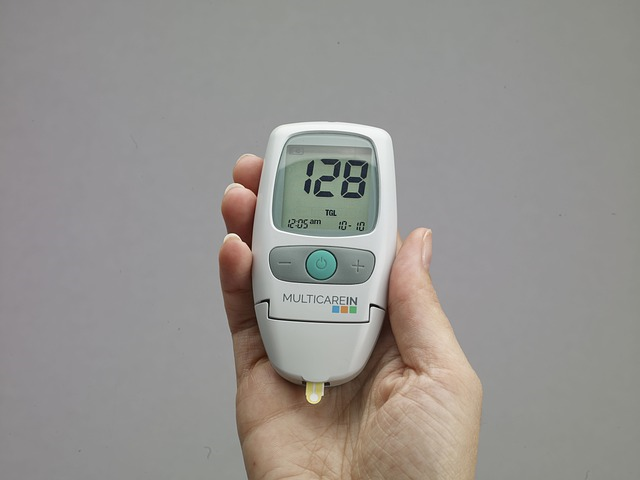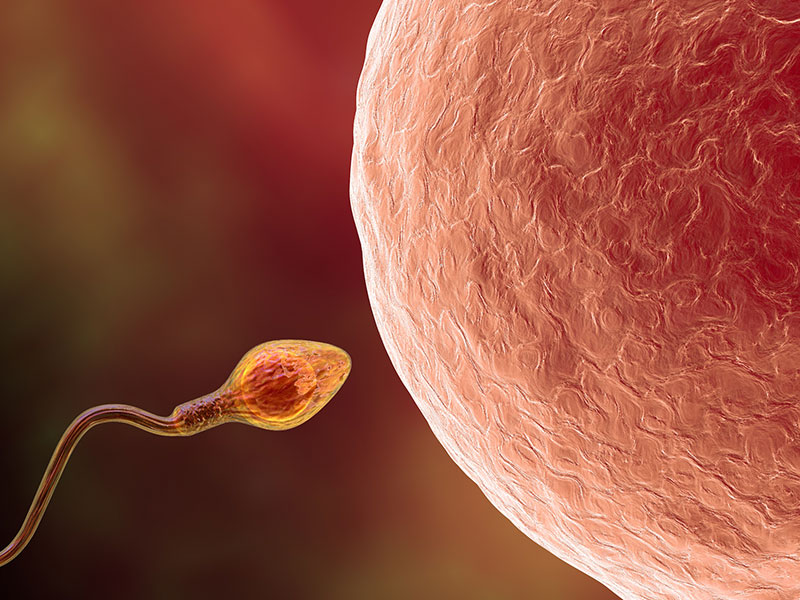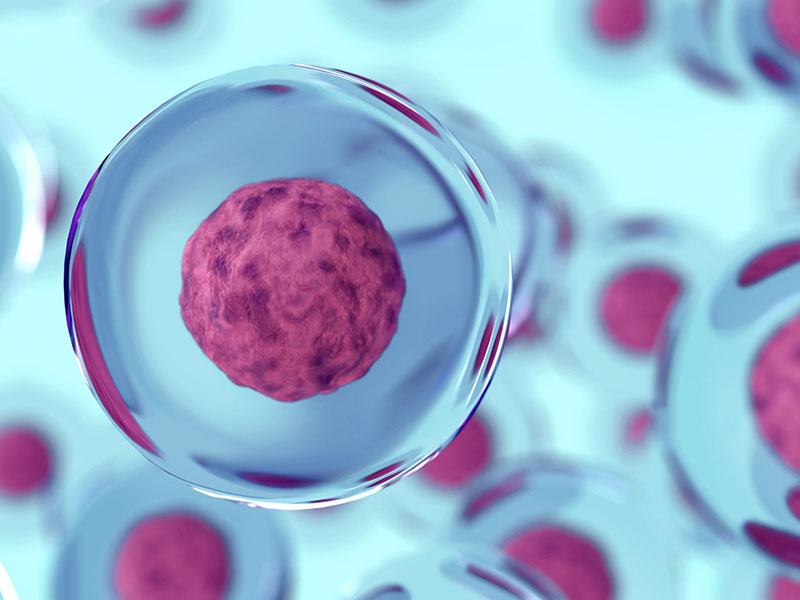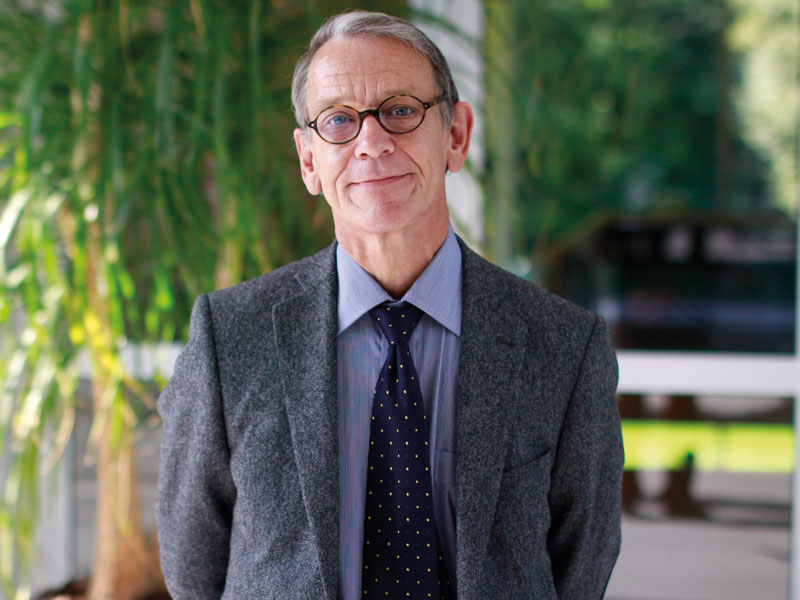Welcome to Q10facts – Everything you need to know about CoQ10
The world’s best and most comprehensive CoQ10 encyclopedia – the only place you need to go to find useful and practical information about the incredible substance Coenzyme Q10 commonly known as CoQ10.
The purpose with this website is to build a credible and comprehensive online CoQ10 knowledge base for everyone that is interested in CoQ10. This vitamin-like substance has so many health benefits and you do not need to be a scientist to love and appreciate it.
On this page, you will find easy-to-read articles about the latest and most relevant CoQ10 research. I review the methods and outcomes of clinical studies of CoQ10 supplementation. I provide links and references to important studies of Coenzyme Q10. Please enjoy!
Selected Themes
A substance with a remarkable history
Discovered in 1957, Coenzyme Q10 in its ubiquinone form is an essential component of the process of ATP energy generation. In its ubiquinol form, it is an important antioxidant, protecting cells against oxidative stress.
CoQ10 is sold as a nutritional supplement, as an ingredient in skin care products, and, in Europe, not least as a medicinal product that plays an important role as an adjuvant therapy for heart failure patients.
In 1978, Dr. Peter Mitchell won the Nobel Prize in chemistry for his explanation of biological energy transfer and the importance of Coenzyme Q10 to the process. Since then, numerous clinical trials have documented the absorption, bioavailability, safety, and efficacy of CoQ10 supplementation in heart conditions, statin-induced muscle pain and weakness, migraines, and physical performance.


